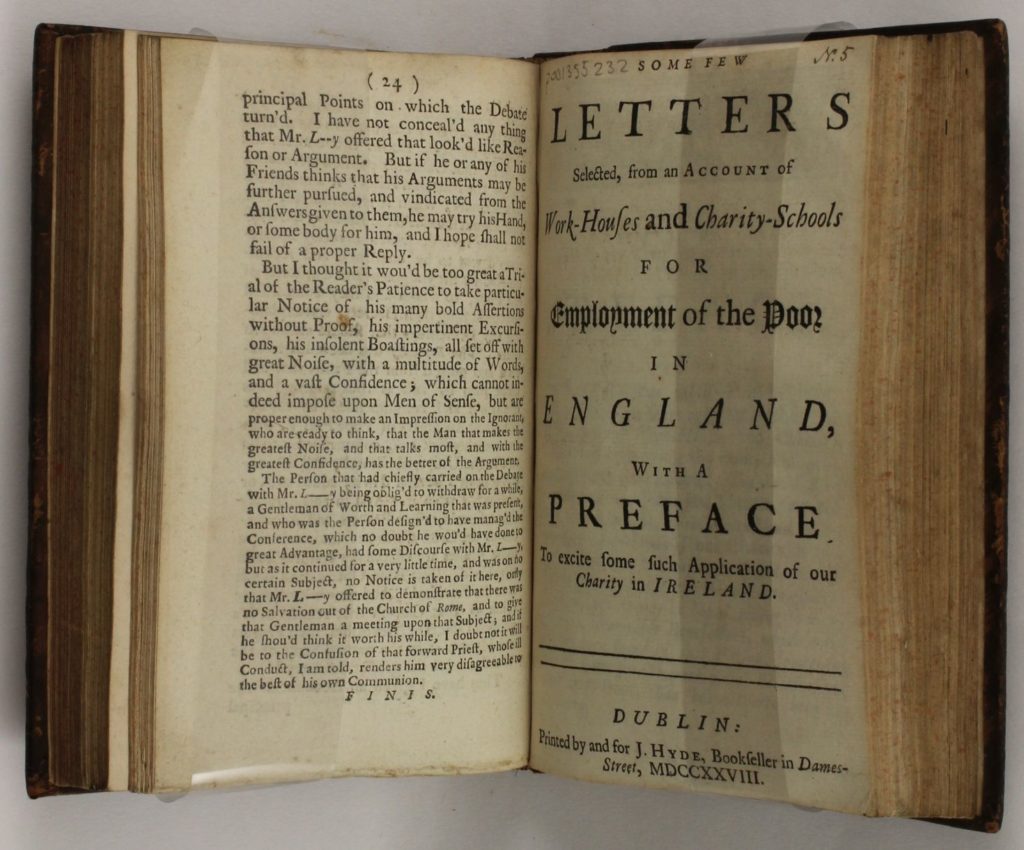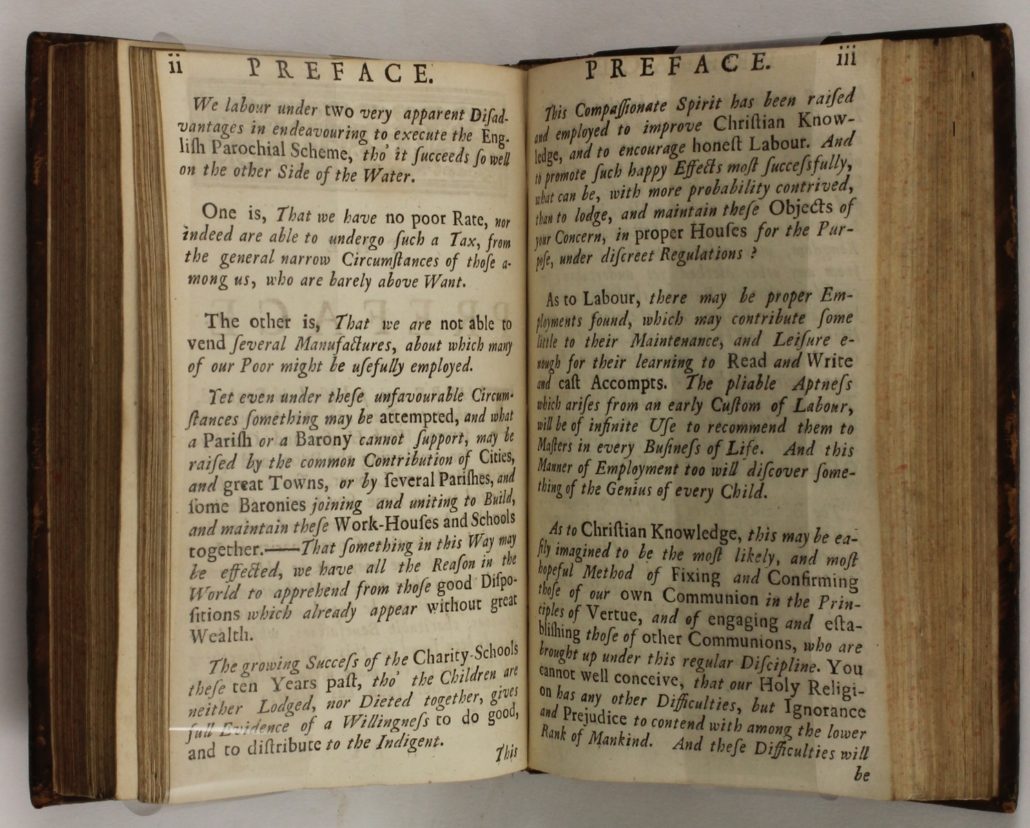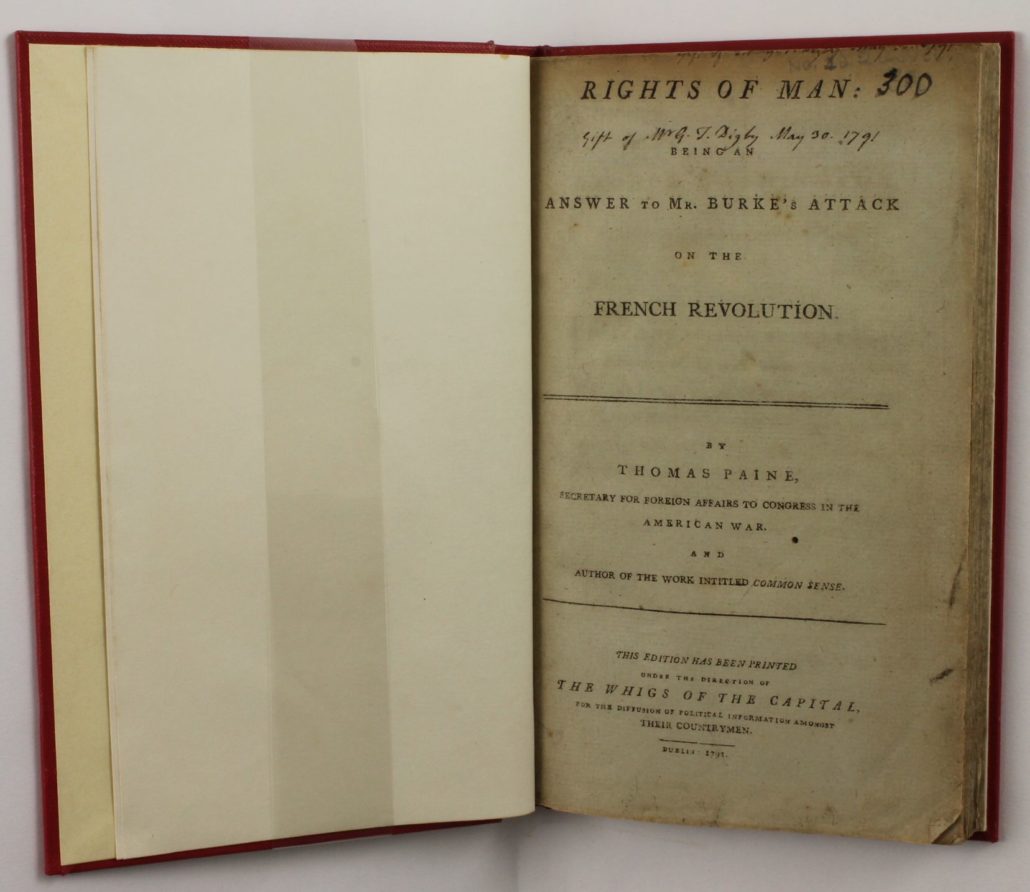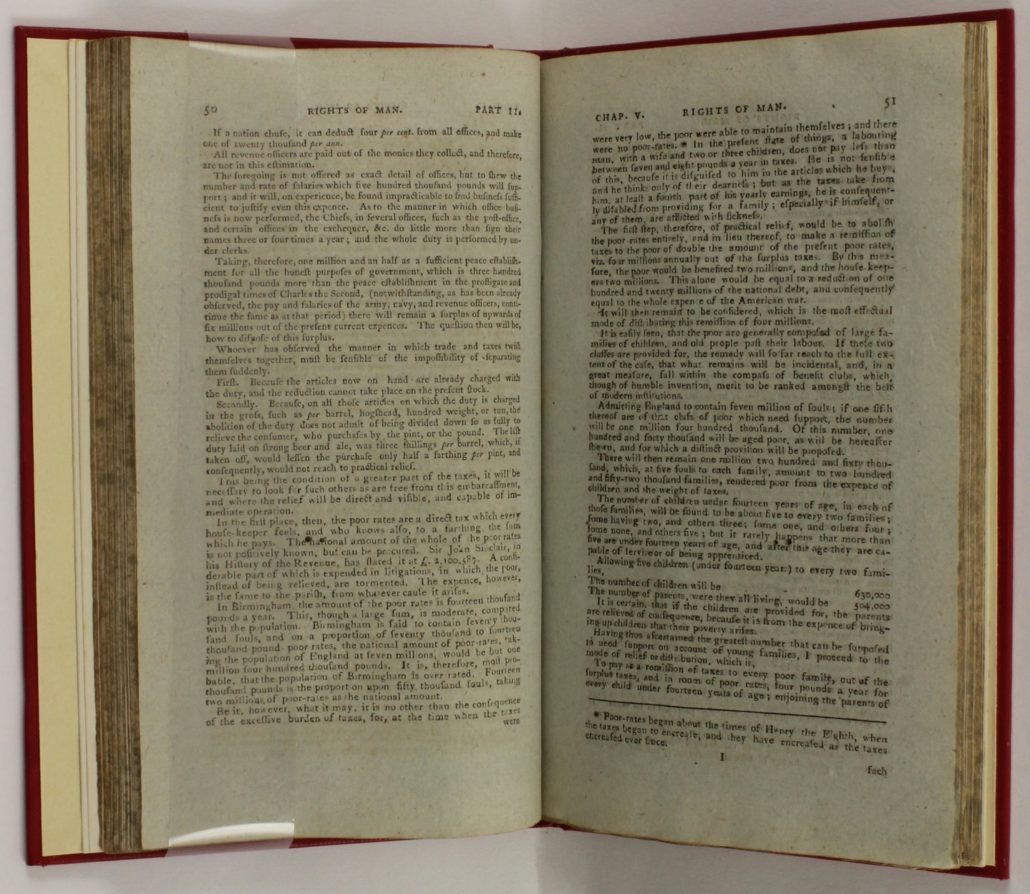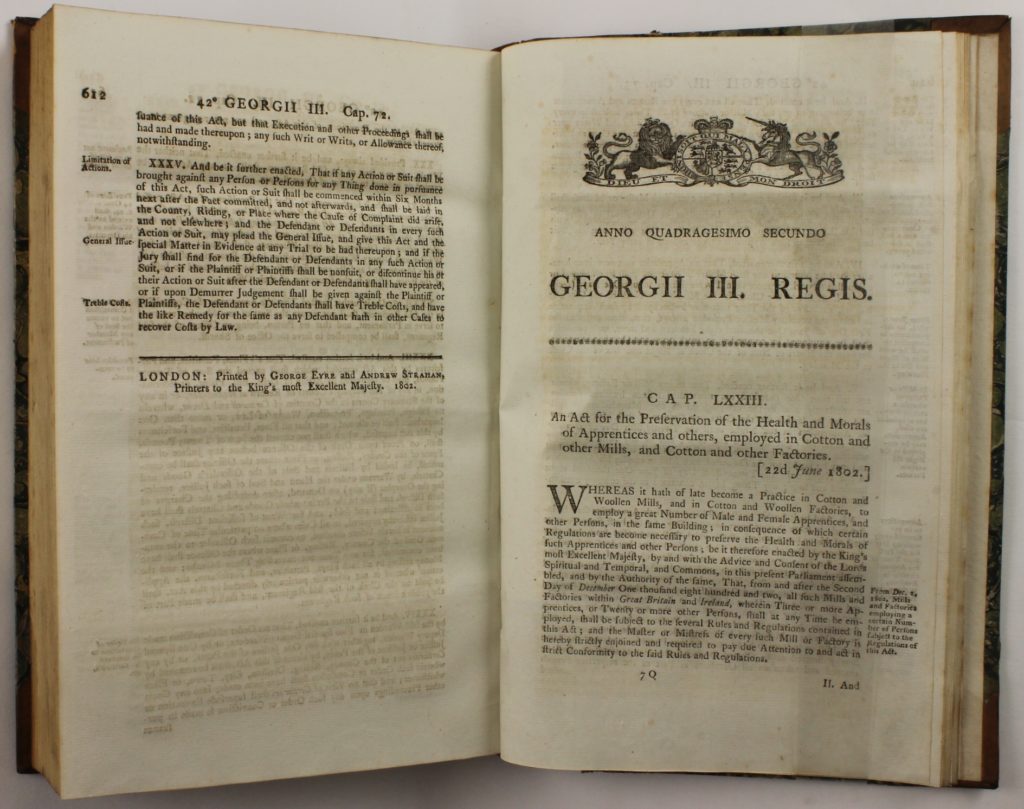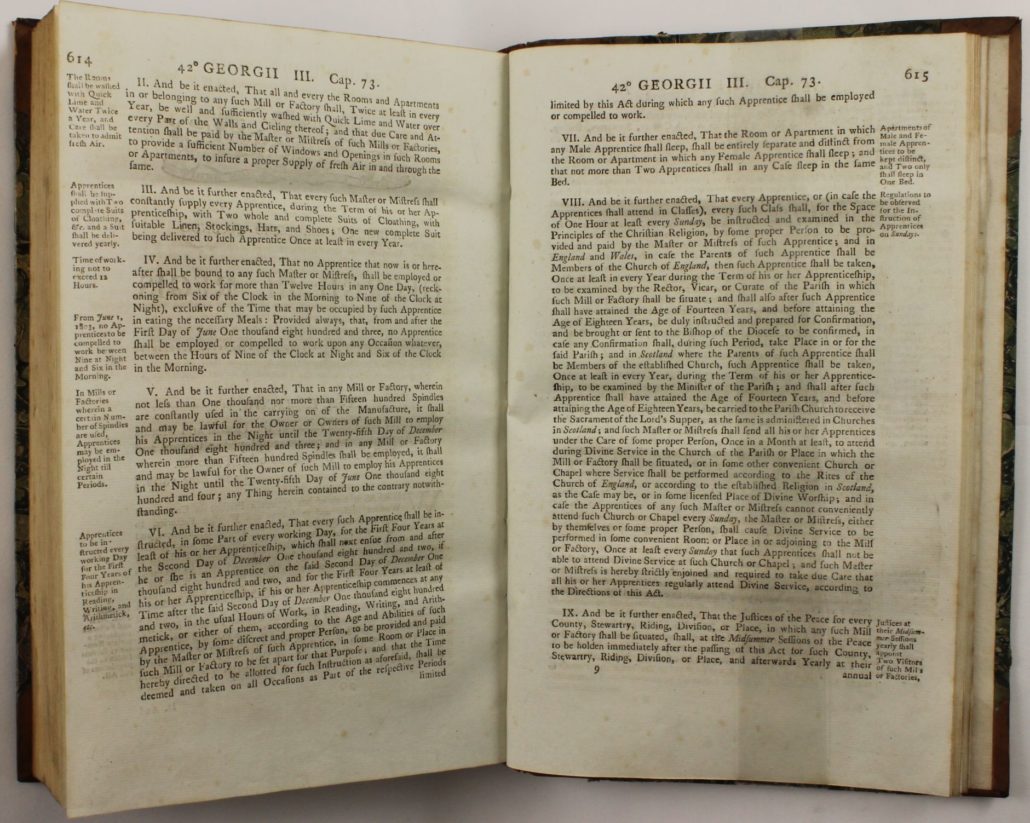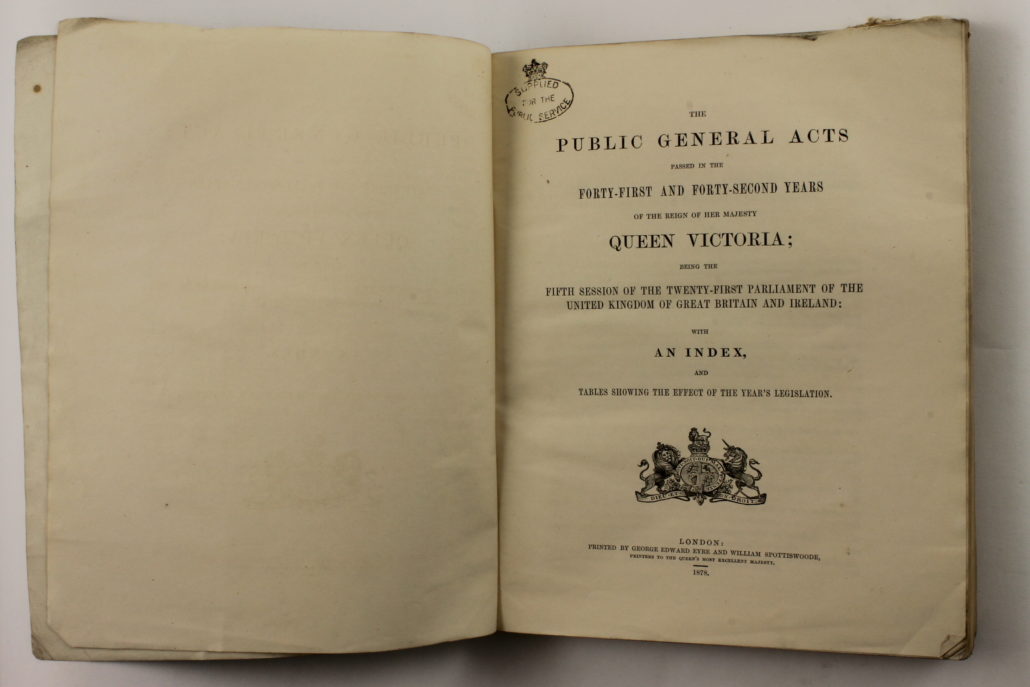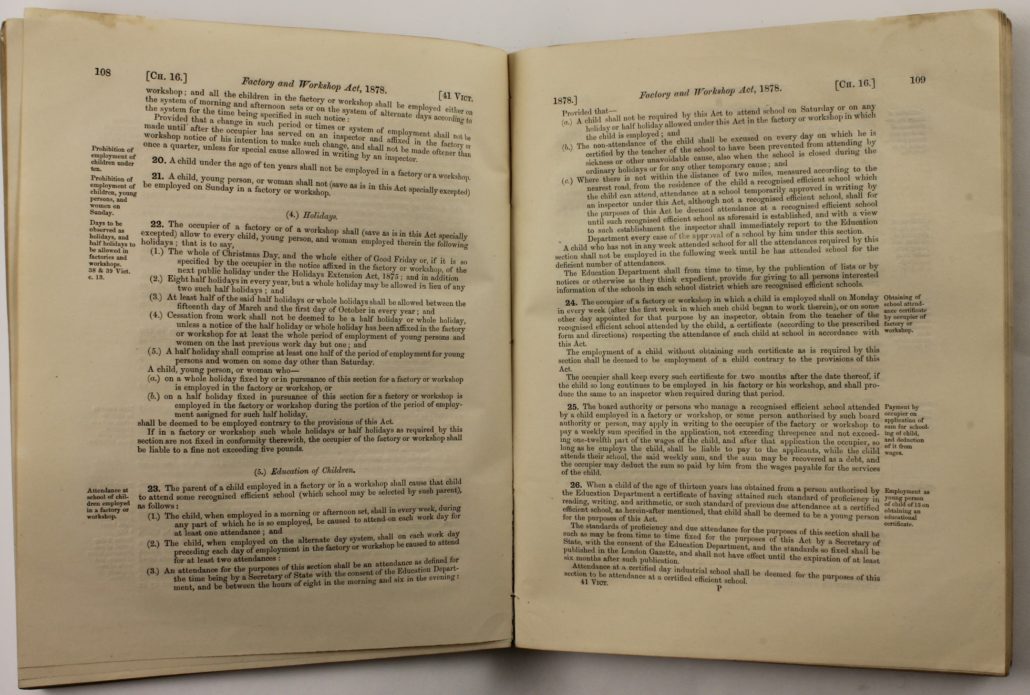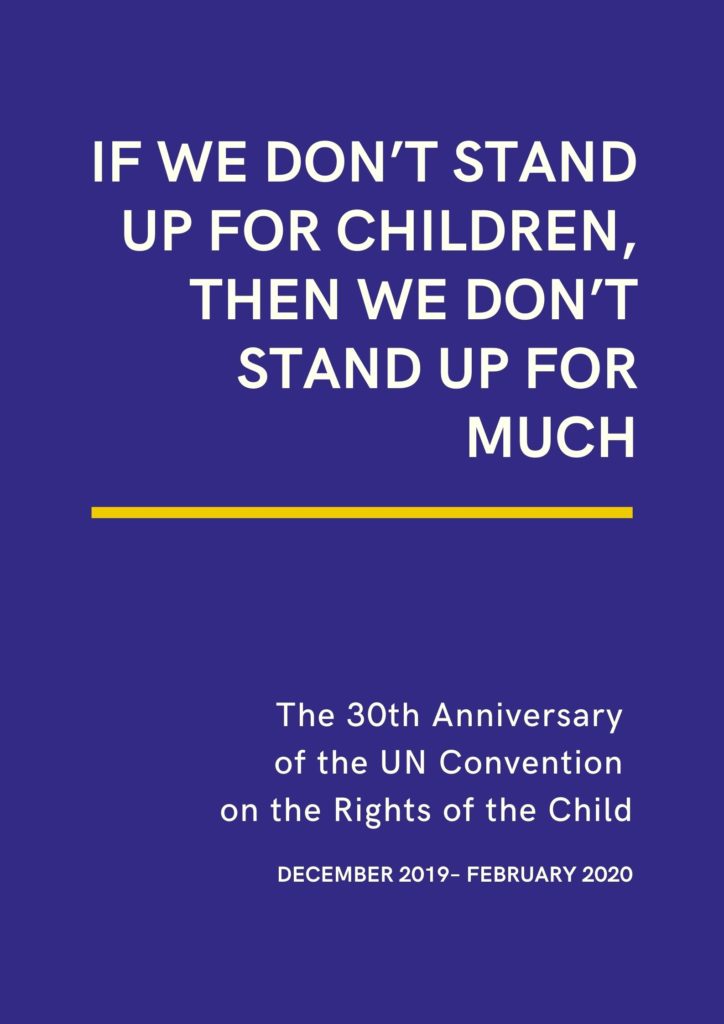
Armagh Robinson Library 30th anniversary of the United Nations Convention on the Rights of the Child by displaying works which refer to children and issues surrounding children’s rights.
2019 marks the 30th anniversary of the United Nations Convention on the Rights of the Child. It is one of the most ratified UN treaties and has played a central role in improving the lives of children around the world.
Before the creation of treaties or other official recognitions of rights, children were seen as ‘small adults’ and no special consideration was given to them.
It was not until the mid-nineteenth century, that the ideas of children’s rights appear. Laws put in place in 1841 started to protect children in the workplace, followed in 1881 by laws which included the right to education for children.
From 1919, the League of Nations, which later became the United Nations, placed more importance on the concept of children’s rights.
The Convention on the Rights of the Child
The Convention on the Rights of the Child is a human rights treaty which sets out the civil, political, economic, social, health and cultural rights of children. It defines a child as everyone under the age of 18.
Article I (definition of the child)
Everyone under the age of 18 has all the rights in the Convention.
The Convention consists of 54 articles which cover all aspects of a child’s life, and which explain how adults and governments need to work together to ensure that all children can enjoy their rights.
Article 3 (best interests of the child)
The best interests of the child must be a top priority in all decisions and actions that affect children.
Currently 196 countries are parties to the treaty, including every member of the United Nations, except for the United States of America.
In this temporary exhibition, objects are linked to articles as published in the Summary of the 54 Articles from the Convention by UNICEF UK.
Mortality
Another Essay in Political Arithmetic, Concerning the Growth of the City of London; With Measures and Consequences Thereof Sir William Petty 1683 P001545872
This book contains the weekly statistics of births, baptisms and deaths in the city of London.
The pages on display for year 1757 list the various parts of London and a breakdown of the number of christenings and burials. It also lists the number of deaths per specific cause of death.
There are very high numbers of deaths in the child population, including deaths by ‘Abortive and Stillborn’, ‘Colick and Wind.’
Article 6 (life, survival and development)
Every child has the right to life. Governments must do all they can to ensure that children survive and develop to their full potential.
Article 24 (health and health services)
Every child has the right to the best possible health. Governments must provide good quality health care, clean water, nutritious food, and a clean environment and education on health and well-being so that children can stay healthy. Richer countries must help poorer countries achieve this.
Charity Schools
The Fable of the Bees or, Private vices, Publick Benefits. With an Essay on Charity and Charity – Schools and A Search in the Nature of Society Bernard de Mandeville 1729 P00138514x
The Charity School Movement began in the 17th century as the number of extremely poor children grew, along with the population of London. This growth came to the attention of philanthropists and reformers.
In this work, Mandeville criticises the Charity School Movement and does not hold back in his discussion of the conditions of the poor population. On the page shown he criticises the motive behind these schools, and questions if the schools have any social advantages for their pupils.
Mandeville was of the opinion that an act of charity has little to do with being charitable or virtuous, rather that the act arises from either pity or pride. The Essay on Charity Schools was seen as provocative when published.
Article 28 (right to education)
Every child has the right to an education. Primary education must be free and different forms of secondary education must be available to every child. Discipline in schools must respect children’s dignity and their rights. Richer countries must help poorer countries achieve this.
Minutes Drelincourt School Drelincourt School 1882 - 1930 P002465694
The Drelincourt School was established in 1738 as a Charity School by Madame Drelincourt, in memory of her late husband, Dean Peter Drelincourt. It began by educating 20 boys and 20 girls in a building in Navan Street in Armagh.
This minute book documents the meetings held by the Board of Governors. On display are minutes referring to the curriculum studied by the students.
[…] instruction to be afforded therin shall be in reading spelling writing arithmetic grammar agriculture for boys, needlework & housewifery for girls, and the other subjects for Elementary Education […]
Article 28 (right to education)
Every child has the right to an education. Primary education must be free and different forms of secondary education must be available to every child. Discipline in schools must respect children’s dignity and their rights. Richer countries must help poorer countries achieve this.
Article 29 (goals of education)
Education must develop every child’s personality, talents and abilities to the full. It must encourage the child’s respect for human rights, as well as respect for their parents, their own and other cultures, and the environment.
Workhouses
An Account of Several Work – Houses for Employing and Maintaining the Poor […] [s.n.] 1725 P001427853
In 1662 An Act for the Better Relief of the Poor of this Kingdom was passed by King Charles II, which ordered work houses to be set up in London and Westminster. Workhouses gave a home and work to those unable to support themselves, including orphaned and abandoned children.
On page 4 of An Account of Several Work-Houses it is listed what kind of work the boys and girls in the Bishopsgate-Street Workhouse did. The work included the spinning of jersey fabric. There were 85 spinning wheels, where the children worked, when not attending reading and writing lessons for boys, or reading and sewing lessons for girls.
Article 20 (children unable to live with their family)
If a child cannot be looked after by their immediate family, the government must give them special protection and assistance. This includes making sure the child is provided with alternative care that is continuous and respects the child’s culture, language and religion.
Article 32 (child labour)
Governments must protect children from economic exploitation and work that is dangerous or might harm their health, development or education. Governments must set a minimum age for children to work and ensure that work conditions are safe and appropriate.
Some Few Letters Selected From an Account of Work – Houses and Charity School for the Employment of the Poor in England, with a preface to excite some such anticipation of our charity in Ireland. John Hyde 1729 P001355232
John Hyde wrote the preface in this work as a comment on Accounts of Several Work Houses […]. He hoped that Ireland would apply similar practices to those in English workhouses.
He did, however, highlight two specific disadvantages which could hinder Ireland from putting similar programmes in place:
[…] we have no Poor Rate nor are able to undergo such Tax, from the general narrow Circumstances of those among us, who are barely above want.
[…] we are not able to vend several manufactures about which many of our Poor might be usefully employed.
Article 20 (children unable to live with their family)
If a child cannot be looked after by their immediate family, the government must give them special protection and assistance. This includes making sure the child is provided with alternative care that is continuous and respects the child’s culture, language and religion.
Article 24 (health and health services)
Every child has the right to the best possible health. Governments must provide good quality health care, clean water, nutritious food, and a clean environment and education on health and well-being so that children can stay healthy. Richer countries must help poorer countries achieve this.
Article 32 (child labour)
Governments must protect children from economic exploitation and work that is dangerous or might harm their health, development or education. Governments must set a minimum age for children to work and ensure that work conditions are safe and appropriate.
Armagh Workhouse
Armagh had a workhouse built in 1840 and had a capacity for around 1000 people. Men, women, children and babies resided in the workhouse. Men and women were split from each other and had separate exercise facilities.
The Armagh Workhouse was closed in 1948 under the new health and social services system.
Many of those who died in the Workhouse were buried within an unmarked paupers’ graveyard at Tower Hill. In 2001 this location was marked with the laying and dedication of a commemorative stone.
Human Rights
Rights of Man. Being an Answer to Mr. Burke’s Attack on the French Revolution. The Second Part Thomas Paine 1792 P001300780
Rights of Man by Thomas Paine is famous for its 31 articles which argue that political revolution is acceptable when a government does not protect the rights of its people. Education is a fundamental part of Paine’s welfare plan. He argued that a lack of education in young people would lead to violence and crime. Education did not become compulsory until 1880 when children of ten were expected to attend school.
At the bottom half of page 51, he proposed that taxes for poor families should be waived, and that £4 a year should be given for every child under 14, allowing parents to send them to school. In addition, he suggested that women should receive maternity benefits after the birth of a child.
Article 28 (right to education)
Every child has the right to an education. Primary education must be free and different forms of secondary education must be available to every child. Discipline in schools must respect children’s dignity and their rights. Richer countries must help poorer countries achieve this.
Article 29 (goals of education)
Education must develop every child’s personality, talents and abilities to the full. It must encourage the child’s respect for human rights, as well as respect for their parents, their own and other cultures, and the environment.
Child Labour Acts
An Act for the Preservation of the Health and Morals of Apprentices and others, employed in Cotton and other Mills, and Cotton and other Factories Great Britain, Parliament 1802 P001339644
This Act, which was also known as The Health and Morals of Apprentices Act 1802, was an attempt by Robert Peel, a mill owner and MP, to improve the working conditions for children and young people who worked in factories and mills.
It included regulations on:
- the working hours,
- provision of clothing and other essentials,
- the education of apprentices, who were usually aged 14 years and older.
The legislation did not provide for the younger children who worked in the textile industry. This was rectified by the 1819 Cotton Mills and Factories Act.
Article 32 (child labour)
Governments must protect children from economic exploitation and work that is dangerous or might harm their health, development or education. Governments must set a minimum age for children to work and ensure that work conditions are safe and appropriate.
Factory and Workshop Act 1878 Great Britain, Parliament 1878 P002432141.14
After The Health and Morals of Apprentices Act of 1802 various other Acts were put in place to regulate certain aspects of factory law. It was, however, difficult to check that factories and workshop did indeed adhere to the huge range of clauses.
In 1875 a commission was set up to try to consolidate factory law into a single Act. The Factory and Workshop Act 1878 (41 & 42 Vict. c. 16), or the so-called ‘Consolidation Act’, included one hundred and seven clauses, replacing all previous legislation.
The new Act included, amongst others, the following clauses relating to child labour:
Prohibition of employment of children under ten.
20. A child under the age of ten years shall not be employed in a factory or a workshop.
Attendance at school of children employed in a factory or workshop.
23. The parent of a child employed in a factory or in a workshop shall cause that child to attend some recognised efficient school […]
Article 32 (child labour)
Governments must protect children from economic exploitation and work that is dangerous or might harm their health, development or education. Governments must set a minimum age for children to work and ensure that work conditions are safe and appropriate.

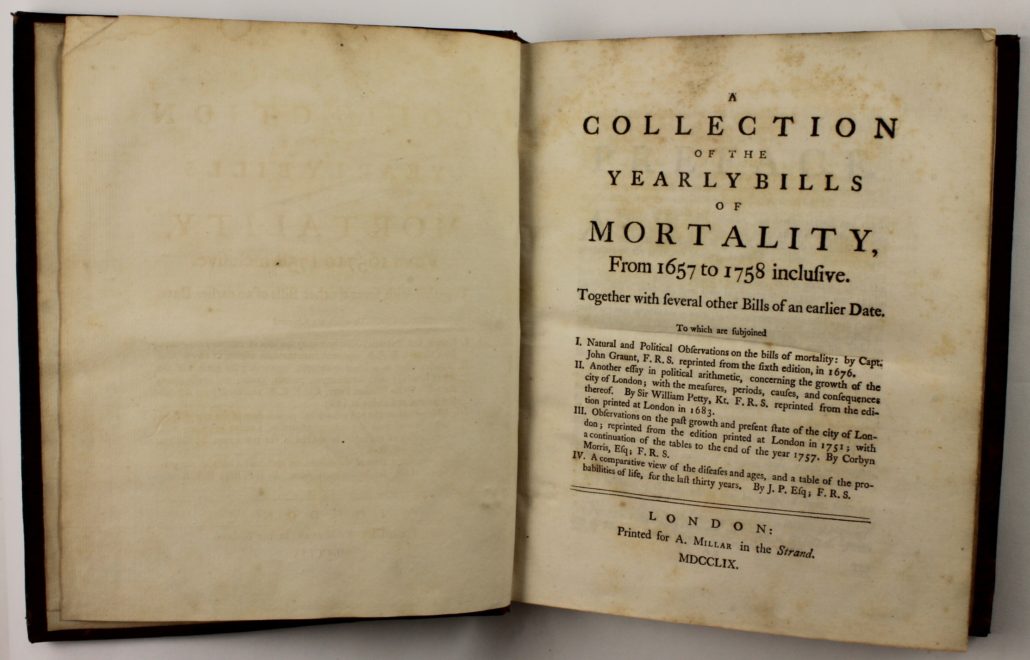
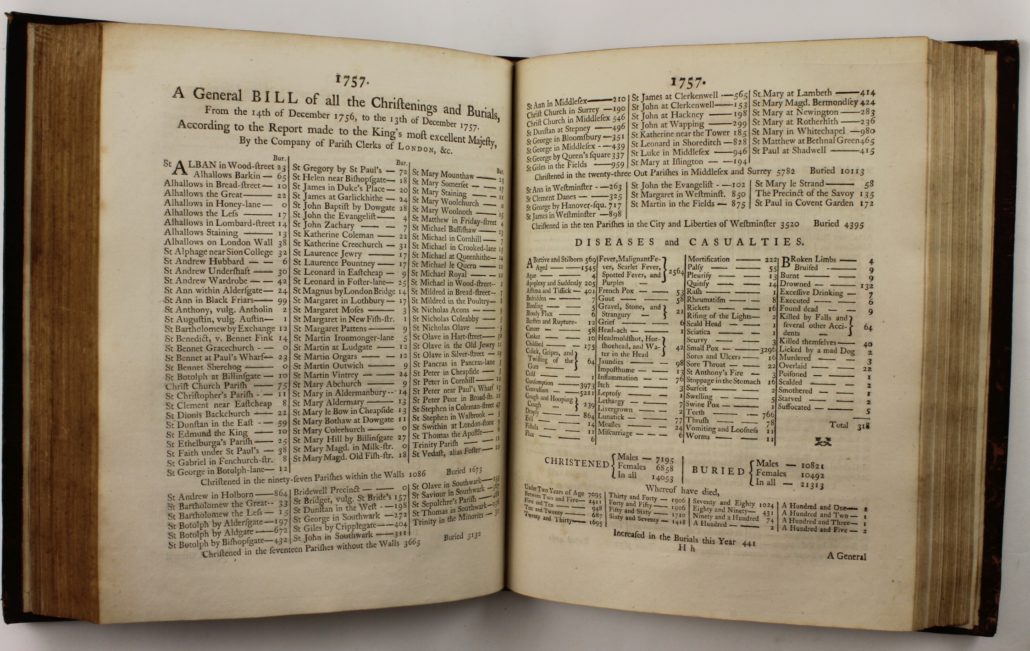
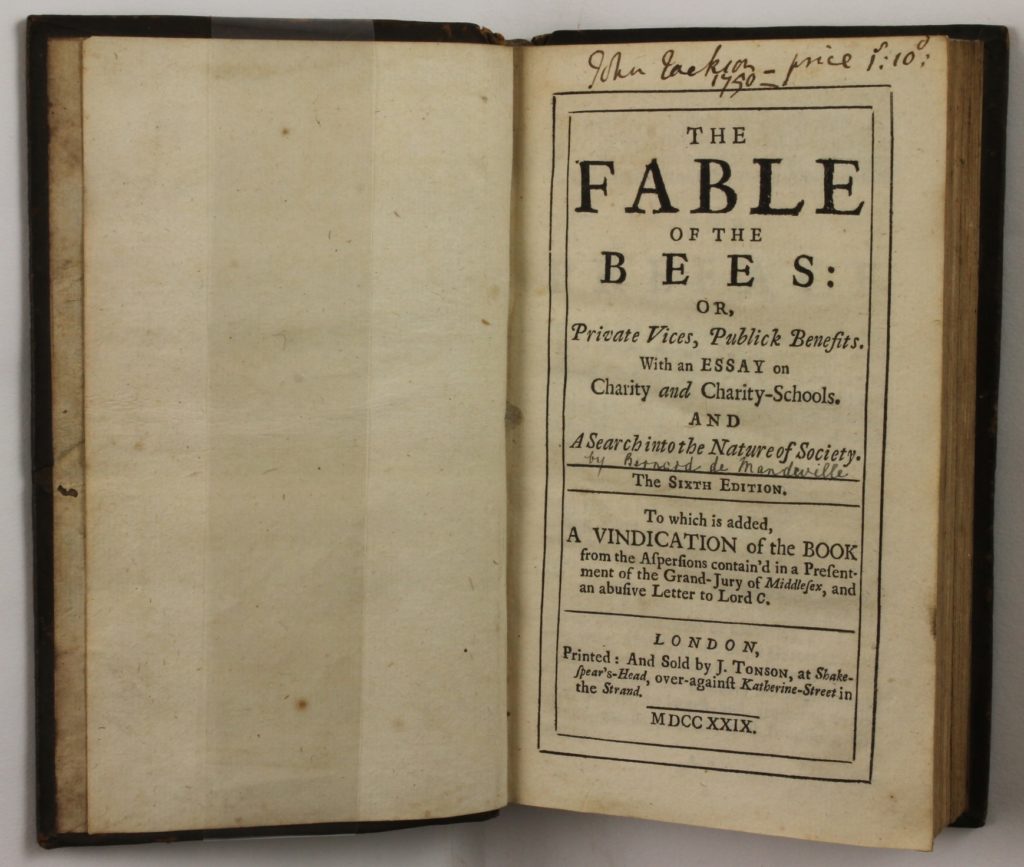
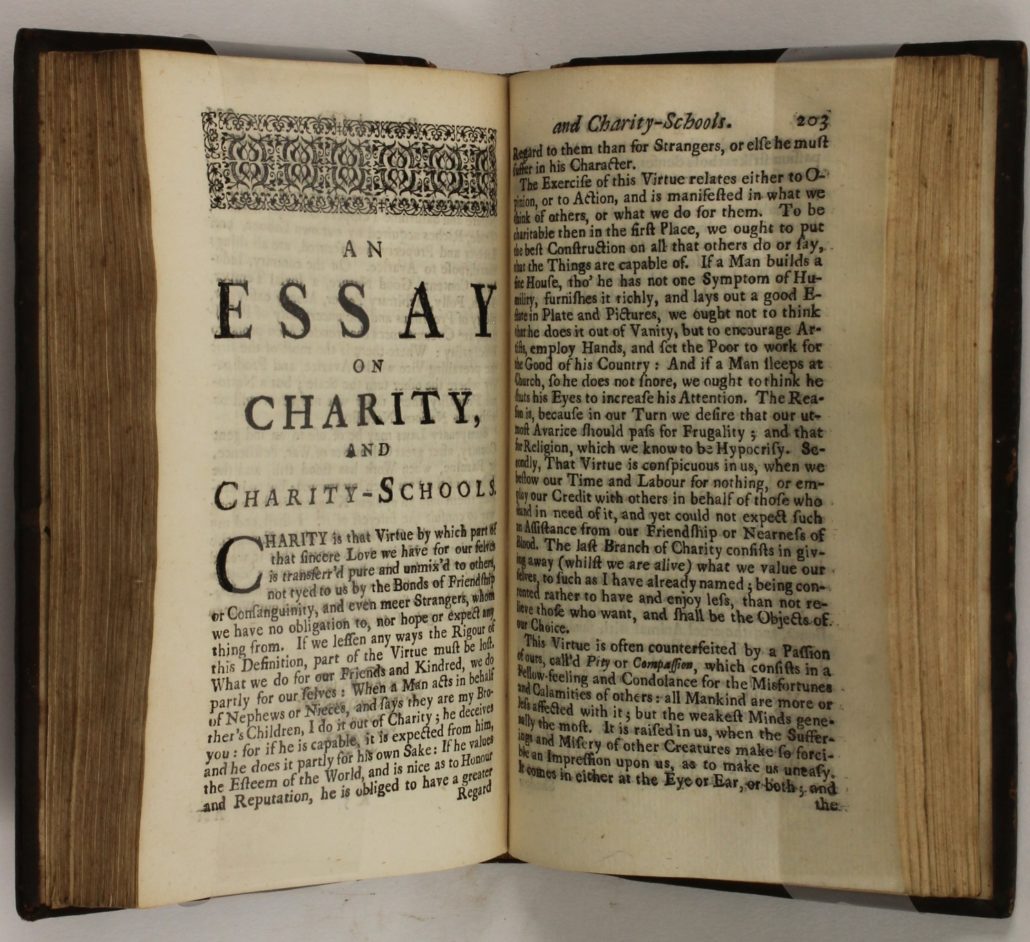
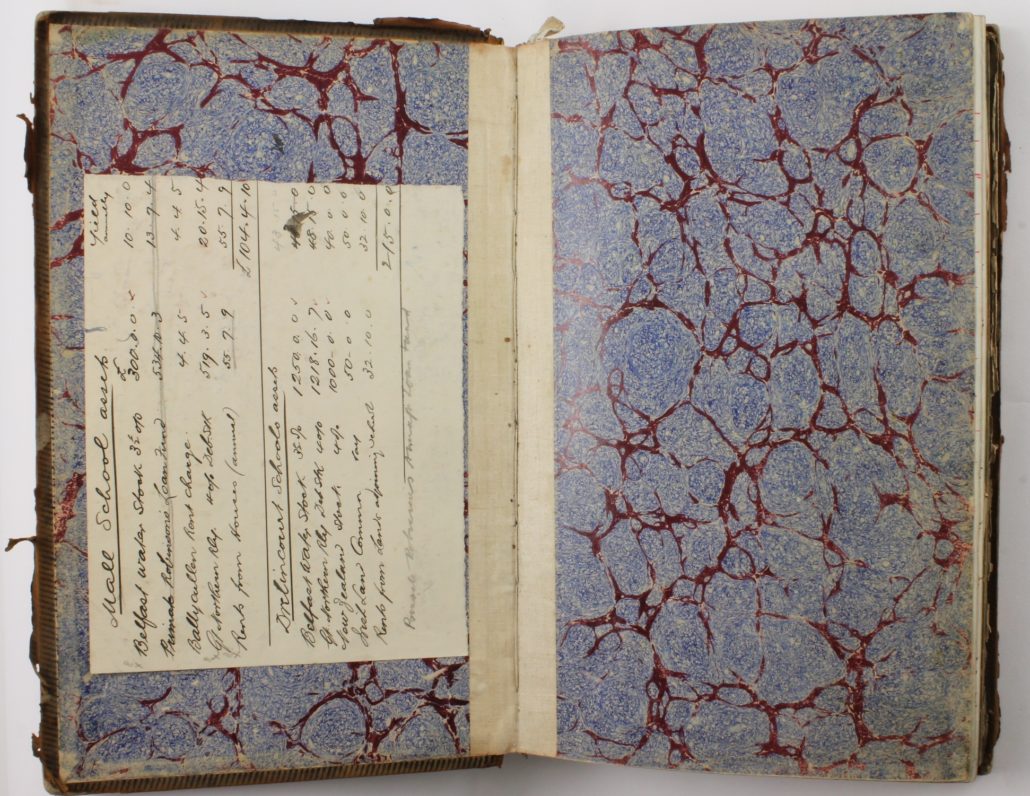
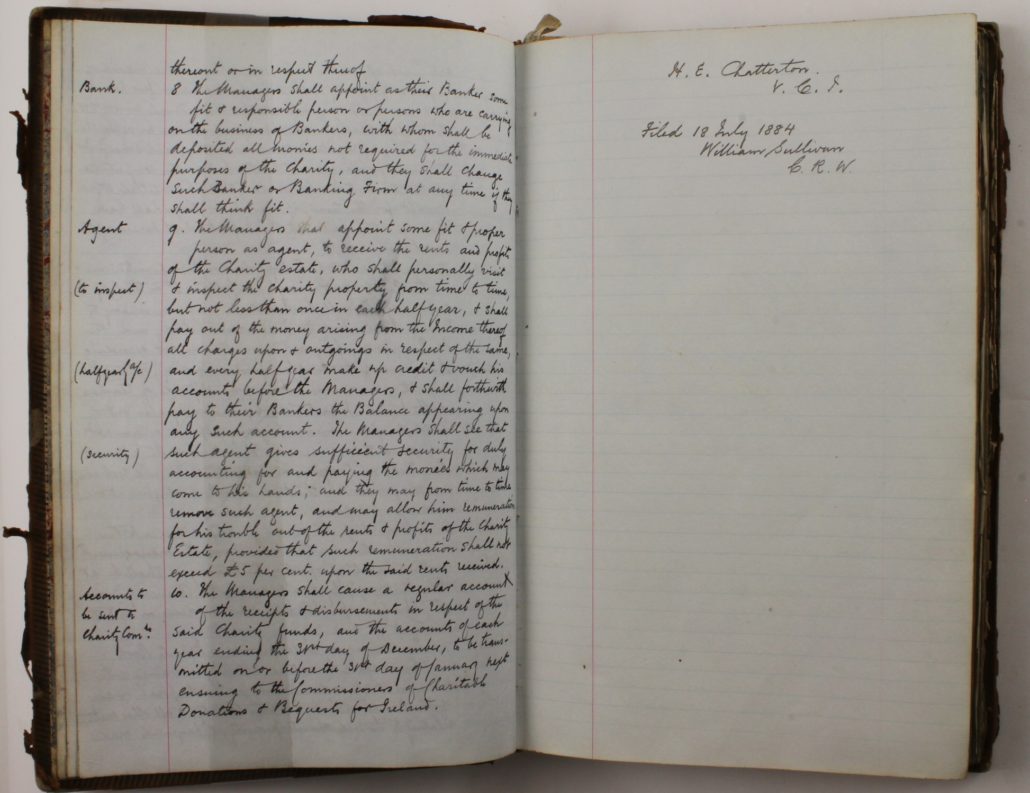
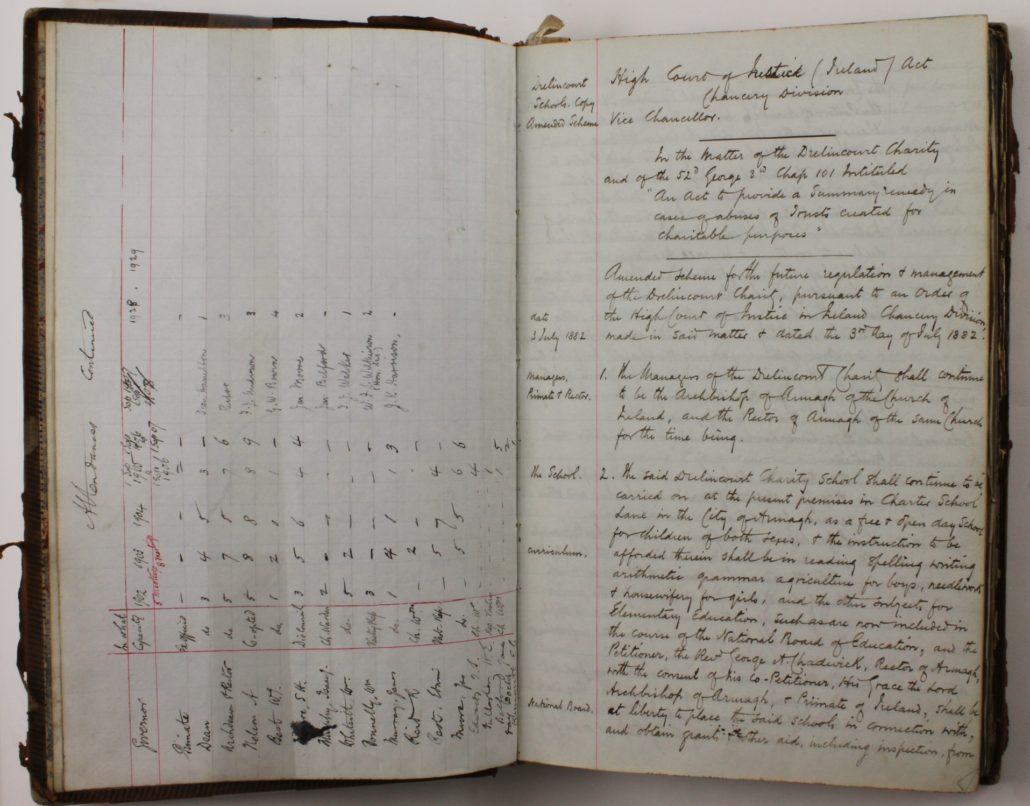
![Title page of An Account of Several Work – Houses for Employing and Maintaining the Poor […]](https://armaghrobinsonlibrary.co.uk/wp-content/uploads/slider114/Account_Several_Workhouses_title-scaled.jpeg)
![Page 4-5 of An Account of Several Work – Houses for Employing and Maintaining the Poor […]](https://armaghrobinsonlibrary.co.uk/wp-content/uploads/slider114/Account_Several_Workhouses_p4-scaled.jpeg)
